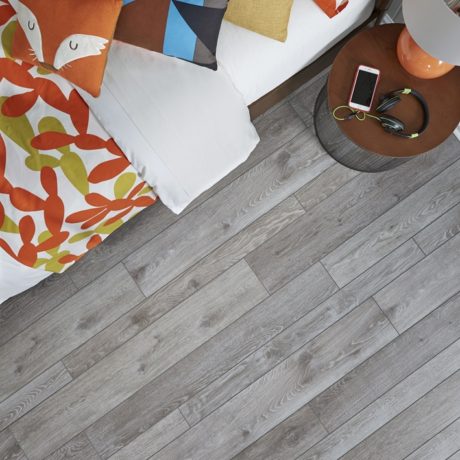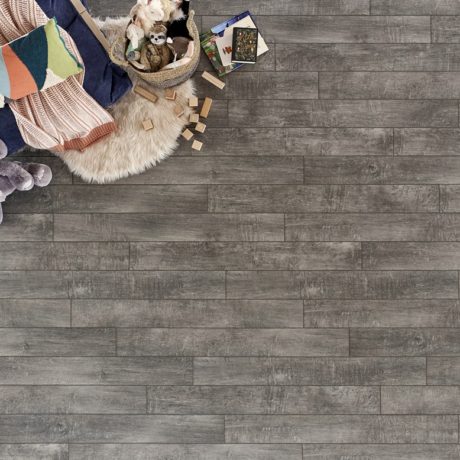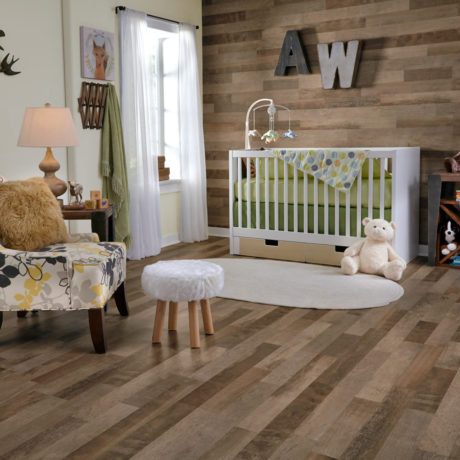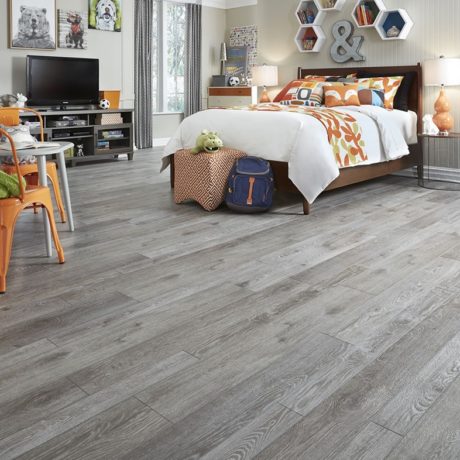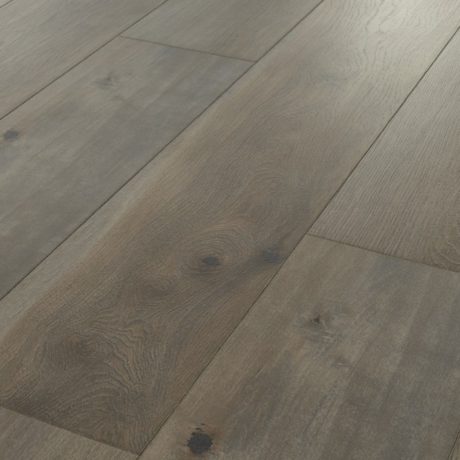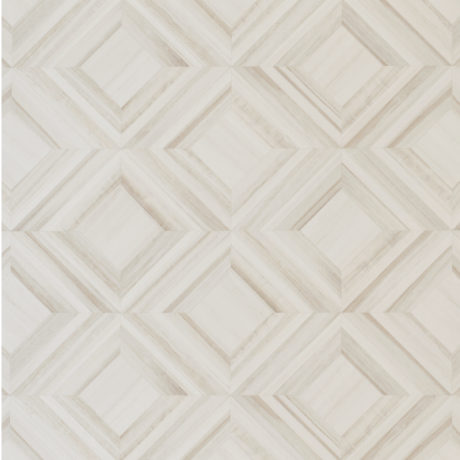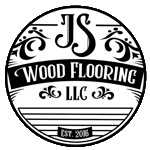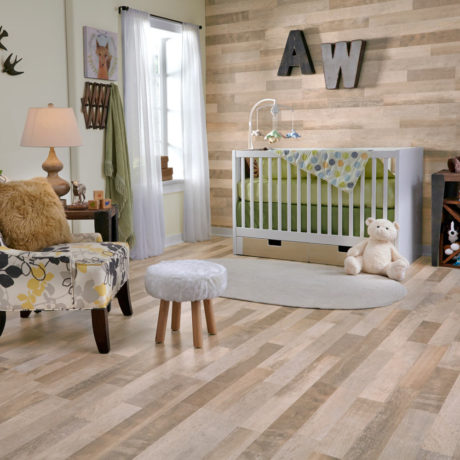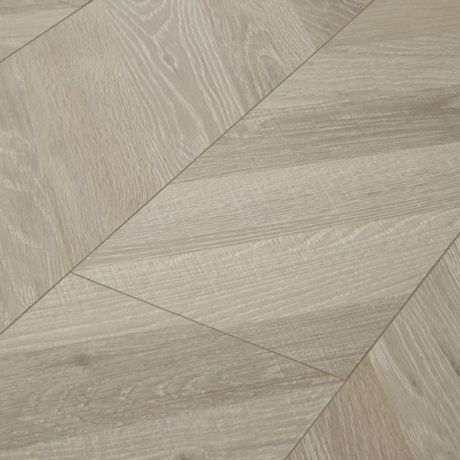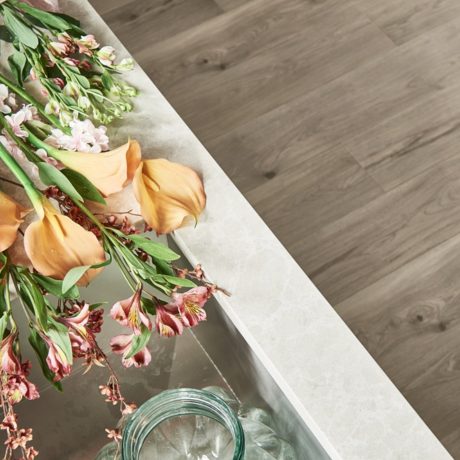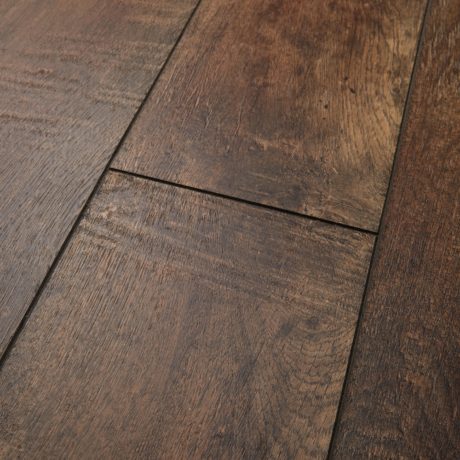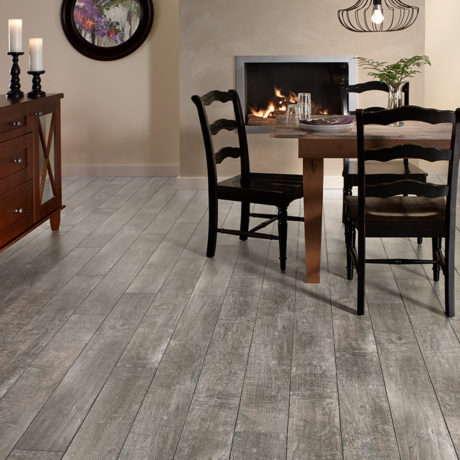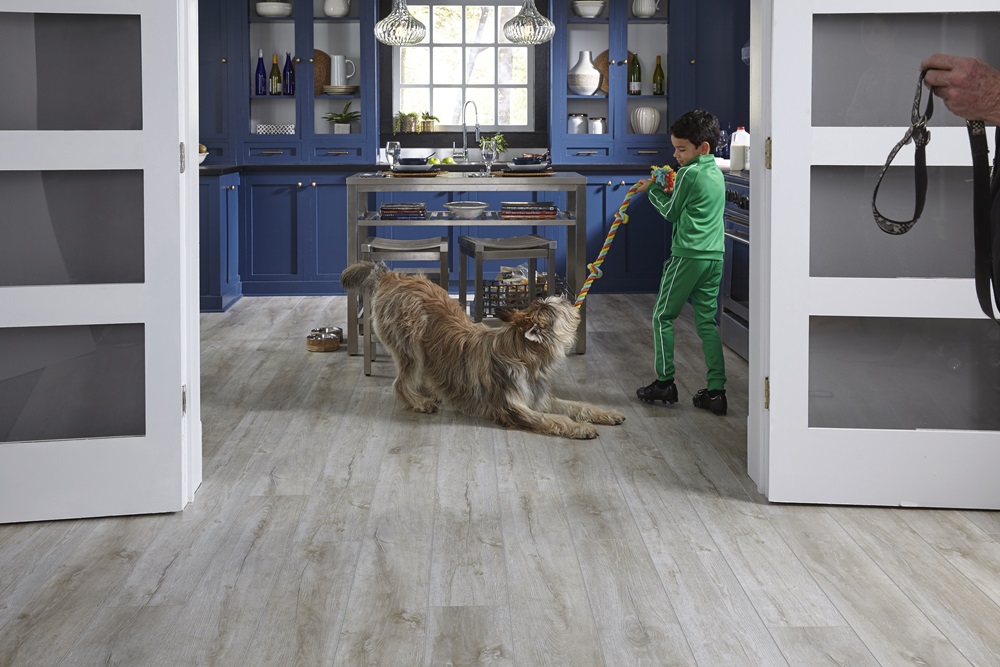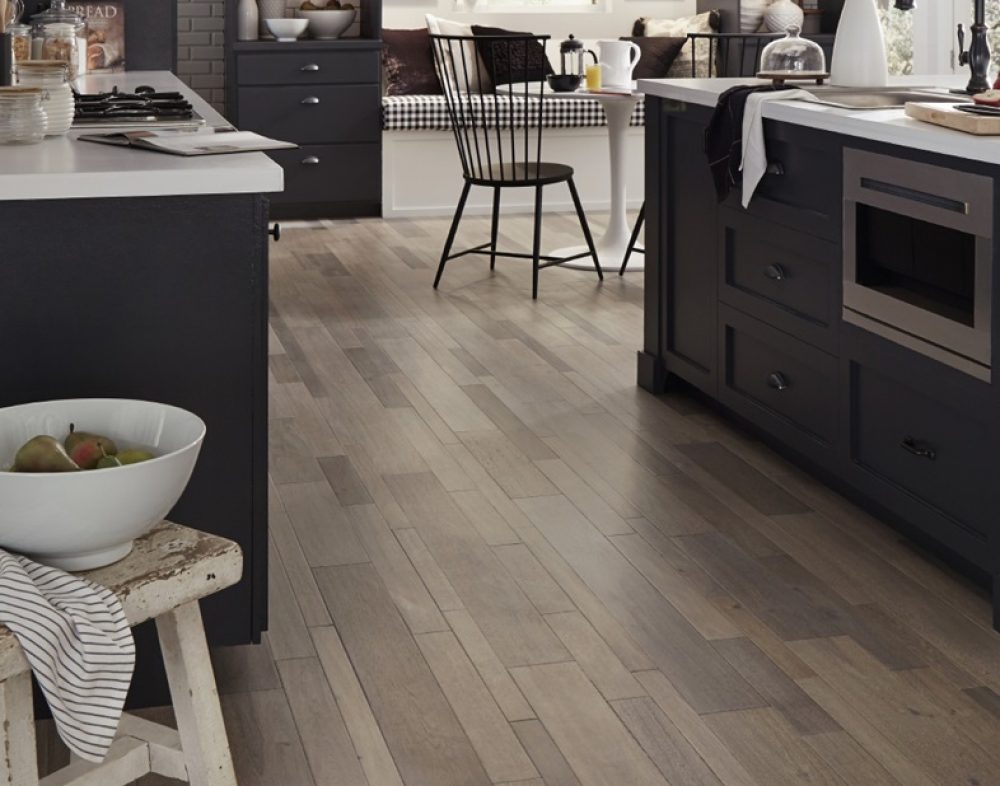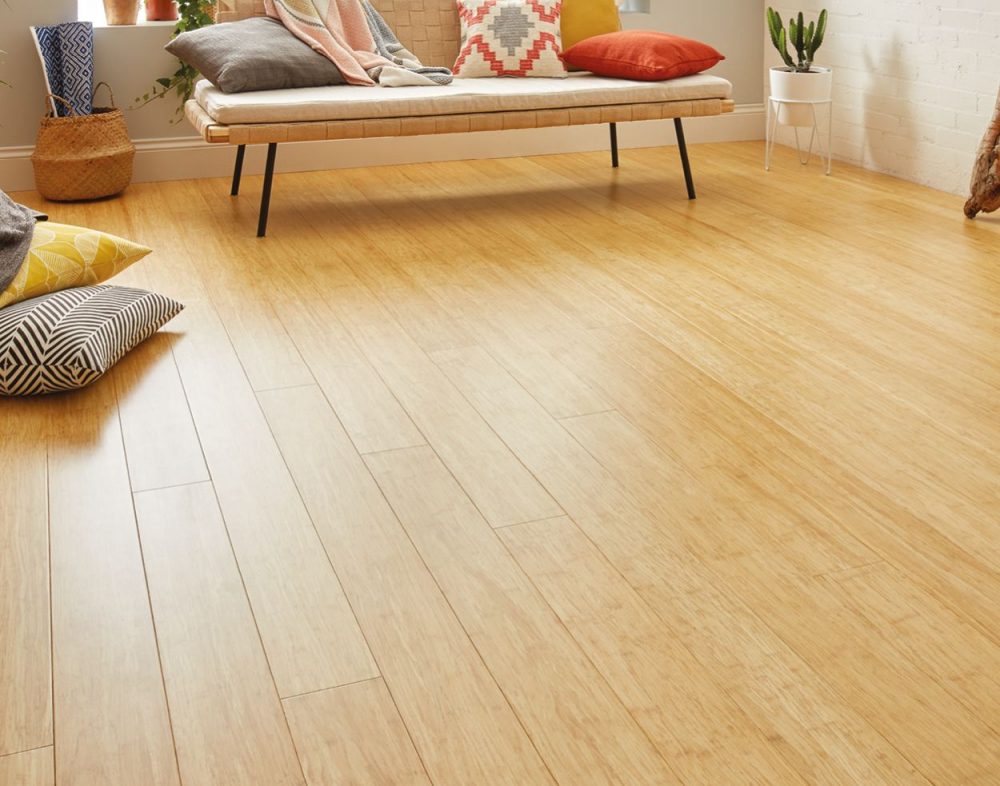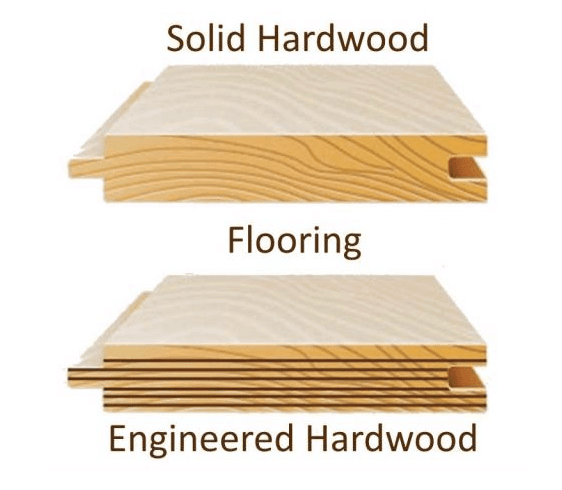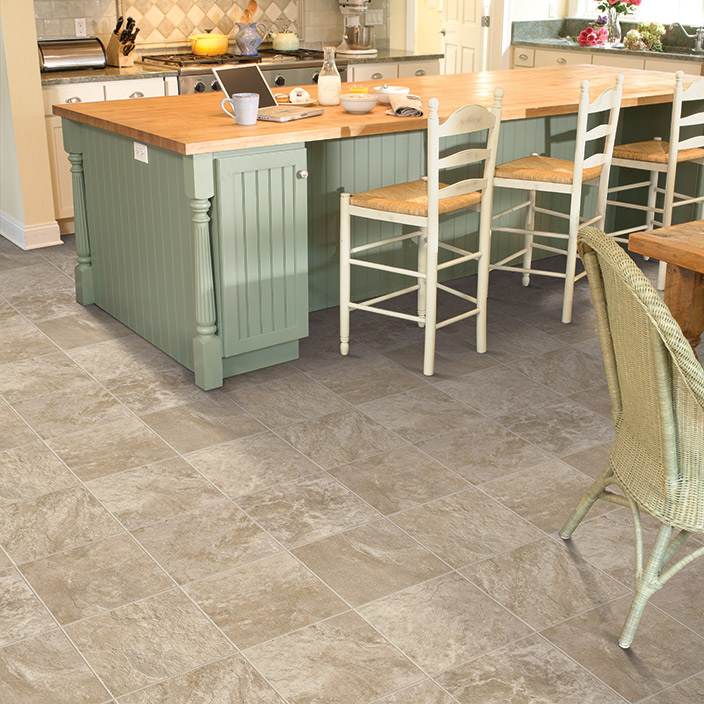Best Flooring for Bedrooms
As a homeowner, there are things you need to put in place to change your property to a lovely home, which includes flooring.
You have several choices and a lot of considerations when it comes to which type of flooring suits your home best, especially your bedroom. You don’t want to pick a wrong flooring choice for a room that serves as your rest place. Your bedroom flooring should be attractive, durable, complementary to the bedroom’s décor style, and also comfortable to bare feet since it is the first thing you set your foot on when you wake up in the morning and the last thing you placed your foot on before you sleep.
However, you should not restrict yourself to flooring based only on what it looks like because there are main components you should put into considerations when faced with bedroom flooring ideas. To help you with your flooring, here are some of the best flooring choices for bedroom use.
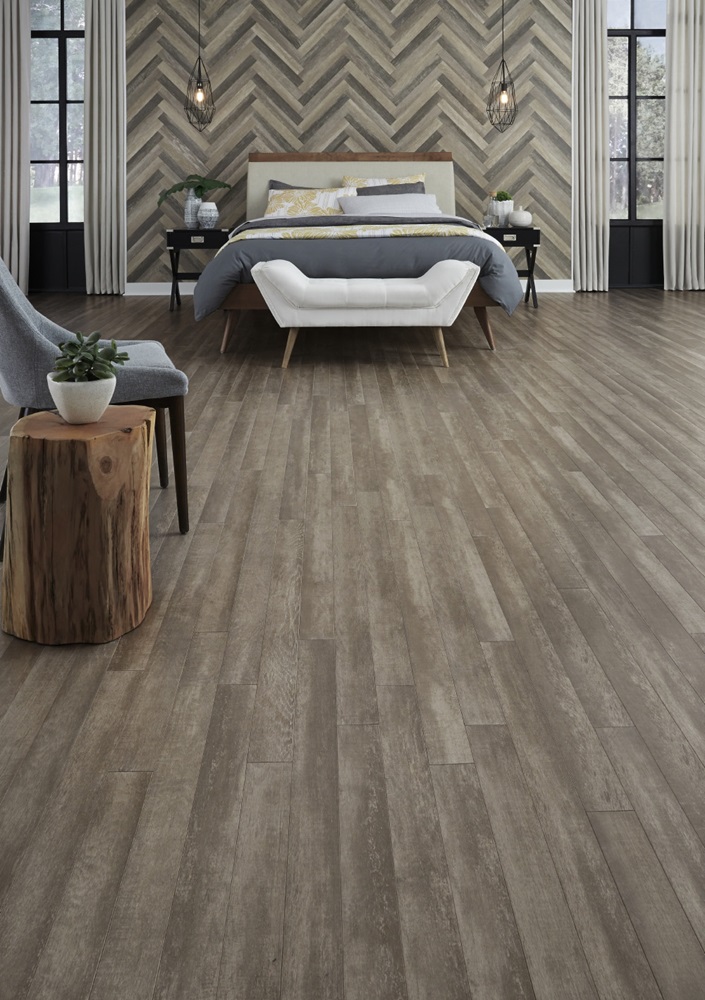
Cork Flooring
Even though cork floorings are popularly used in kitchens, it can also serve as bedroom flooring. It has comfortable support when standing for a long period and it is durable. You don’t have to bother about leaving indentations with heels; cork particles quickly resume their original positions as soon as you release your shoe from the floor. However, heavy furniture can leave permanent indentations. Cork flooring is eco-friendly and available in a wide range of colors, but it is expensive compared to some other floorings.
Bamboo Flooring
Bamboo flooring just like the cork flooring is eco-friendly and will score you eco-friendly decorating points. It is beautiful and softer to the touch. Besides, it is a fast-growing material, and more use of this type of flooring won’t cause much harm to the environment like hardwood.
Bamboo flooring has an amazing color, and the natural grain is visually appealing; it keeps your bedroom on-trend. Besides, sustainability is one of the modern leading bedroom flooring trends when it comes to renovating your home and not just your bedroom.
Although bamboo flooring is often lumped together with hardwood, they are the same in terms of quality, and they use the same installation methods. However, the bamboo plant is a form of grass and not wood.
Herringbone Pattern Bedroom Flooring
The herringbone flooring is beautiful and interesting while adding extra texture to your bedroom. One good thing about the Herringbone pattern is it will never go out of style; whether you prefer light or dark wood, your bedroom still looks stunning, and when properly maintained, your bedroom will look stunning for years. However, if you are working on a strict budget or looking for affordable bedroom flooring, the herringbone pattern is not for you; it is intricate, labor-intensive, and expensive to install.
Rubber Flooring
This type of flooring is made of virgin or recycled rubber; it comes in a wide range of colors, styles, and patterns. The rubber flooring is durable and can last up to thirty years if maintained. Also, it is an excellent alternative for a child’s bedroom or playroom.
Linoleum Flooring
If you prefer vinyl flooring, but more concerned about the environmental impact of the vinyl flooring, linoleum is a better but expensive alternative; it is original resilient flooring made with linseed oil and other natural ingredients. However, it has limited design choices compared with vinyl flooring.
Laminate Flooring
Laminate flooring offers durable bedroom flooring options with a variety of colors, styles, and finishes. Besides, it is cheaper than hardwood flooring but with a similar effect. When you combine with an insulating underlay, it stays warm underfoot.
However, laminate flooring does not last as long as a real hardwood and cannot be fixed if damaged. Laminate flooring includes dark wood laminate, white wood laminate, and gray wood laminate flooring.
Dark Wood Laminate Flooring
If you are bringing in the dark wood trend, but cannot afford a hardwood option, the dark wood laminate flooring can give you the same feel. At a glance, you will hardly notice the difference between hardwood and dark wood laminate flooring. Also, it is much easier to maintain. Besides, it gives you full reign to create retro-inspired and timeless bedroom designs.
White Laminate Flooring
If you like a timeless coastal vibe, you should settle with the white laminate flooring. It gives your bedroom a clean and fresh look; the white wood effect is excellent for a minimalist textural look or as a foundation for highlighting pops of bold pattern and vibrant color. It doesn’t look cold or clinical, unlike other types of white flooring and a white laminate floor is easy to clean and lasts longer than natural wood flooring. Overall, the white laminate floor makes your bedroom bright, spacious, and airy.
Gray Laminate Flooring
Do you want a flexible color for your bedroom that can match with other designs? Gray laminate flooring gives your bedroom a cleaner look because it conceals stains and also provides a sense of strength to a room, especially when you are going for something masculine. Also, it is easy to add both lighter and darker accents throughout the bedroom as gray as the base color.
Furthermore, gray is a timeless and standard color, which keeps your bedroom looking fresh and stylish.
Wood Flooring
Genuine wood is hard-wearing, and gives a timeless appeal to every room; it does not lose value if properly maintained, and it is also a wise investment choice because it boosts the value of your property. However, it is expensive to buy, install, and maintain. A wooden floor is easy to scratch and stain. Also, if you want a quiet bedroom, you might want to reconsider this option because wood flooring can be noisy. You can opt for a dark wood design if you are going for this type of bedroom flooring.
Dark Wood
A dark wood floor is a long-lasting, stylish choice for bedroom flooring; it is unique, and currently one of the top bedroom flooring trends. It gives your bedroom a luxurious feel while pairing with all kinds of designs, including traditional and ultra-minimal designs. A dark wooden floor looks great with deep colors, light colors, and different patterns and styles.
